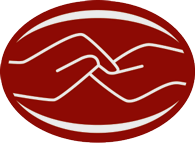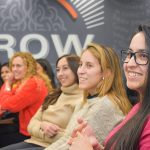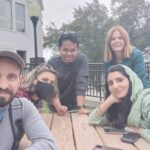By Kenneth Koh, Singapore – History & Social Studies Teacher
During our academic residency at Amherst, we were challenged to think critically about the US — both its past and present. One of my favorite seminars thus far involved a discussion on Freedom Summer by Bruce Watson. Levering on our observations of the documentary (screened at the ITD House the night before), Bruce was skillful in helping us visualize and connect with what happened in Mississippi that summer of 1964. It was not merely a history lesson that encouraged thinking, but one that got me emotionally engaged with an event that is distant to me in so many ways. Much thanks to Professor Bruce Laurie, who certainly set the stage for this session by providing us the historical context of the US Constitution, taking us through the American Revolution, the Civil War and the developments that led to the civil rights movement itself.
In our excitement to debate contemporary US society from a ‘scholarly’ perspective, it can sometimes be easy to forget that our conversations must be grounded in the realities of life. I found our community involvement at Not Bread Alone (soup kitchen) to be crucial for our learning, for it forced us to take time off ‘intellectual sparring’ to ‘go to the streets’, observe what is happening, talk to people, and do something about the problem – however small this may be. I was happy to be able to play a part with the pizzas and strawberry short cakes I helped to prepare (I hope they were yummy). More importantly, the experience revealed to me what individuals can do to make a difference. Many of the volunteers were graduate students or working adults who came to run the soup kitchen simply “because they had some free time”. These individuals form the backbone of civil society, and their willingness to serve presents much hope for the future.
On the professional front, I have also benefited from the conversations we had on critical pedagogies with Katie. Today, we were reminded of the need to position our learners as co-creators of knowledge in the classroom. Learning can be democratic, and our students should be given the agency to find their own voice, challenge ideas, and shape their own experiences. It was heartening to hear that while each of us came from different cultural contexts and have varying concerns with the adoption of a constructivist approach towards teaching and learning, we converge in our aspirations and desired outcomes for our learners as independent and critical thinkers.
Lastly, no trip to the US is complete without some consumerism – a trip to Walmart completes it all!
We are blessed to be here! Thanks Mark, Bruce, Katie, Edgardo, Kaye, Alejandro, Celso, Luke :]


All opinions expressed by the program participants are their own and do not represent nor reflect official views from the Bureau of Educational and Cultural Affairs of the U.S. Department of State, or of the Institute for Training and Development, Inc.




